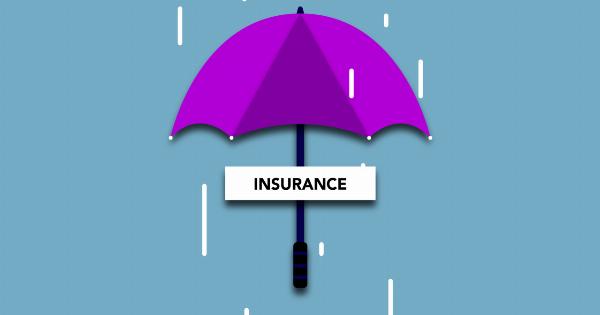As a responsible driver, it’s important to have insurance coverage to protect yourself and others on the road. However, with so many options available, it can be difficult to determine what type of coverage to choose.
One of the main decisions you’ll need to make is how high of a coverage limit to select. While some people believe that a high coverage limit is always necessary, others argue that a lower limit may be sufficient. In this article, we’ll explore whether a high insurance coverage limit is always necessary and why.
What is an Insurance Coverage Limit?
Before diving into the argument of whether a high insurance coverage limit is necessary, it’s important to understand what an insurance coverage limit is.
An insurance coverage limit is the maximum amount that an insurance company will pay out for a specific type of coverage. For example, if you have liability coverage with a $100,000 limit, this means that your insurance company will pay up to $100,000 for any damages or injuries that you’re found to be responsible for in an accident.
The Argument for a High Insurance Coverage Limit
One of the main arguments for having a high insurance coverage limit is that it provides greater protection for you and your assets.
If you’re responsible for an accident that causes significant property damage or bodily injury, a high coverage limit can help ensure that you’re not personally responsible for paying for those damages.
Additionally, if you have significant assets that you want to protect, a high insurance coverage limit can be beneficial.
For example, if you own a home and have savings and investments, a lawsuit resulting from an accident could put those assets at risk. A higher insurance coverage limit can help protect those assets by providing more financial protection.
The Argument Against a High Insurance Coverage Limit
While a high insurance coverage limit may seem like the best option to provide maximum protection, there are some arguments against it. One of the most significant factors is cost.
A high coverage limit typically means higher premiums, which can be a burden on your monthly budget. If you don’t have significant assets to protect or a high net worth, the cost of higher premiums may not be worth the extra coverage.
Another factor to consider is the likelihood of a high-dollar claim. While it’s important to be prepared for the worst-case scenario, a high-dollar claim is not always the most likely outcome.
If you don’t have a history of accidents or traffic violations, you may be a low-risk driver who doesn’t need the extra coverage.
Factors to Consider When Choosing a Coverage Limit
When deciding on an insurance coverage limit, it’s important to take several factors into account. These include:.
Your assets
If you have significant assets that you want to protect, a higher insurance coverage limit can help ensure that you’re not personally liable for damages or injury if you’re found to be at fault in an accident.
Your net worth
If you have a high net worth, you may want to consider a higher insurance coverage limit to help protect your assets in the event of a lawsuit resulting from an accident.
Your risk profile
If you’re a high-risk driver with a history of accidents or traffic violations, a higher insurance coverage limit may be necessary to protect yourself from significant financial consequences if you’re found at fault in an accident.
Your budget
It’s important to consider how much you can afford to pay in insurance premiums when choosing a coverage limit. While a higher coverage limit may provide more protection, it may not be worth the extra cost if it puts a strain on your budget.
Conclusion
So, is a high insurance coverage limit always necessary? The answer depends on several factors, including your assets, net worth, risk profile, and budget.
While a higher coverage limit can provide greater financial protection in the event of an accident, it comes with higher premiums and may not always be necessary if you’re a low-risk driver with few assets. Ultimately, the decision of what coverage limit to choose should be based on your individual circumstances and needs.


























